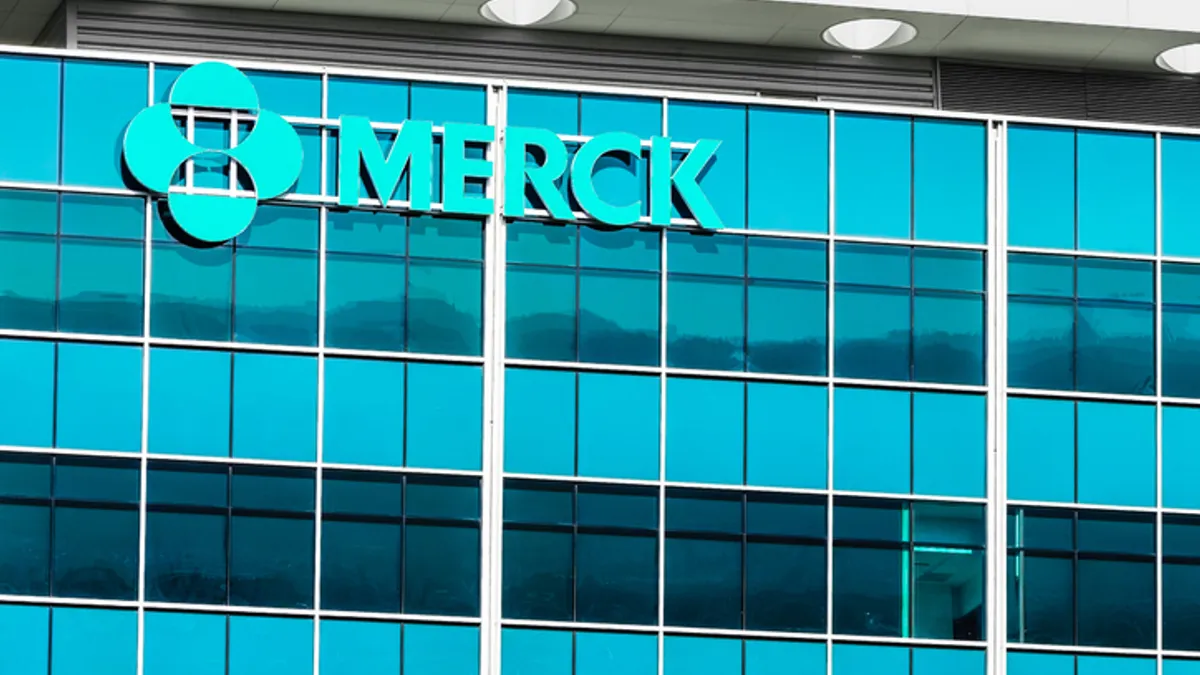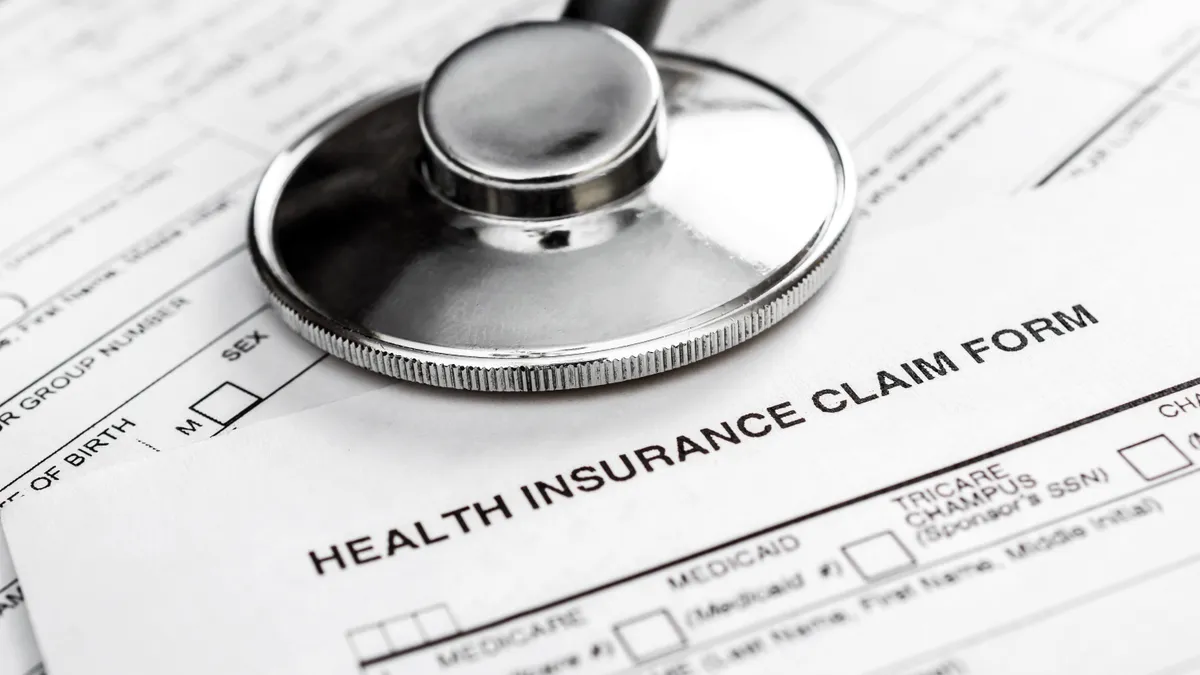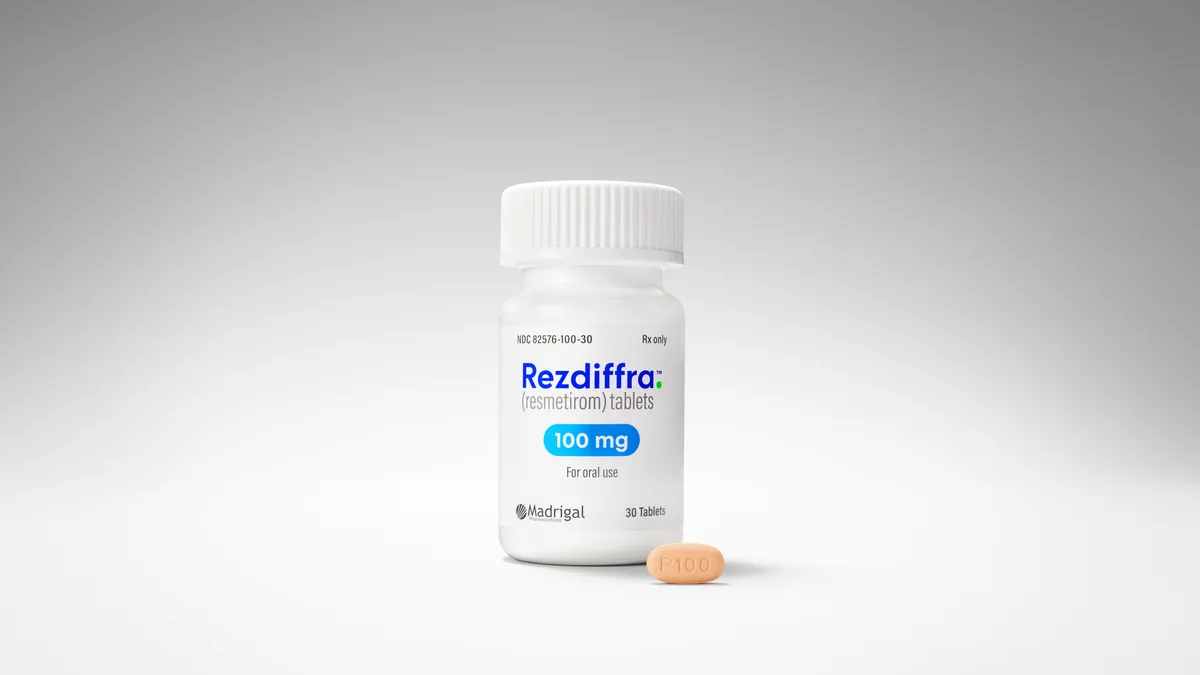The 340B Drug Pricing Program has long been a contentious issue for pharma.
Aimed at providing discounted drugs to hospitals in lower income areas, pharma leaders argue the program is vulnerable to abuse and sometimes boosts hospital profits without helping patients.
Now, the tide is turning towards possible changes to the policy.
The Health Resources and Services Administration, which oversees the program, is on the verge of releasing guidance on whether to allow a model that could give pharma companies more oversight power.
“Manufacturers are certainly hopeful that HRSA will support [pharma’s] rebate model, however it is unclear which way the wind appears to be blowing,” Andrew Rouff, a senior consultant in advisory services at Managed Markets Insight and Technology, said in an email.
Either way, reforms to the 340B program, which was created by Congress in 1992 and requires pharmaceutical companies to provide outpatient drug discounts to safety net hospitals, could be on the table.
“There is growing momentum from policymakers, patient groups, labor groups, employers and others to reform the program,” Sarah Ryan, director of public affairs at PhRMA, said in an email. This includes a senate-based discussion of draft legislation that could tighten program oversight.
Pushing for change
Several pharma companies, including Eli Lilly, Sanofi, Novartis and Bristol Myers Squibb, are aiming to move to a rebate-based model that would avoid upfront drug discounts which typically range between 20% and 50% of drug costs. The rebate model would allow drug companies to vet claims to meet 340B program guidelines. But HRSA moved to block these rebate programs, saying they ran afoul of 340B requirements that require discounts at the point of sale. The pharma companies sued in response.
In May, a judge ruled that manufacturers must obtain HRSA approval before implementing rebate models. While he didn’t decide whether rebate models are permissible under the 340B statute, the judge granted Sanofi a partial win by directing HRSA to reconsider the company’s rebate model, which it had denied in December 2024.
On June 1, HRSA submitted its proposed 340B Rebate Guidance to the Office of Management and Budget. Although it’s not clear when the guidance will be finalized however, it is expected to provide an answer on whether it will allow rebate-based payment models, which HRSA says would “significantly and unilaterally alter the administration of the program.”
“The industry faces headwinds from both the HRSA and the judicial system in pushing for rebate models but there is still some room for movement, so it is still unclear whether the rebate model will be permitted. If pharma manufacturers ultimately are allowed to implement rebate models, they should move forward carefully to avoid damaging their relationships with providers,” Rouff said.
Controversy over 340B
Pharma leaders and healthcare organizations agree on at least one point when it comes to the 340B program — it should help low-income patients afford the medications they need. But their views diverge on how well 340B is accomplishing that mission.
Pharma companies and advocacy groups argue that the scope of the 340B program has ballooned and is sometimes abused by hospitals in affluent areas.
“The 340B program has grown rapidly in the last several years without meaningful oversight."

Blair Jackson
Executive vice president, chief operating officer, Alkermes
Ryan cited instances where large, tax-exempt hospitals are buying medicines at steep discounts and marking them up for patients by as much as 1,000%.
“Hospitals abuse the program to boost their profits, and because there are no guardrails to how the profits from the program are used, the money isn’t going toward helping low-income and uninsured patients afford medicines,” she said.
The American Hospital Association has pushed back on claims the program isn’t working as intended, saying it provides a needed buffer for patients in the face of rising drug prices.
AHA also argues the proposed rebate approach violates federal policy and would make it harder for patients to get the drugs they need, and that it would become more complicated and costly for healthcare providers to obtain drug discounts.
“[S]ome rebate models have sought to usurp HRSA’s authority of overseeing the program by unilaterally imposing onerous standards around patient definition and other aspects of program integrity,” stated AHA.
The Association of American Medical Colleges also opposes shifting to a rebate model, which could reduce reimbursement for hospitals that comprise a critical safety net for patients.
Designated 340B hospitals provide 67% of all uncompensated hospital care and care for 77% of Medicaid patients, according to 340B Health, a nonprofit advocacy group for the program.
Pharma companies and advocacy groups, however, contend that the program sometimes misses the mark.
“The 340B program has grown rapidly in the last several years without meaningful oversight,” Blair Jackson, executive vice president and chief operating officer at Alkermes, said in an email. “As a result, there is a pervasive lack of transparency across the program, rendering it difficult to identify inappropriate duplicate discounts and product diversion.”
340B is now the second largest federal prescription drug program, covering more than $66 billion in drug costs, Ryan said. A shift to the rebate model could help right the ship because it would enable more data transparency and reduce the risk of violations, Jackson said.
Ryan agrees.
“Providing discounted medicines through rebates is common practice in many other federal programs and allows for greater accountability and integrity; carrying through this practice to the 340B program would improve program integrity and could help ensure that eligible patients receive lower-cost medicines,” she said.
Investigating program outcomes
There is evidence to support pharma’s viewpoint.
A 2024 report led by Senator Bill Cassidy, R-LA, found that hospitals aren’t always using the millions in revenue generated through 340B to lower medication costs for those in need. The report detailed two cases where health systems used millions in drug discount revenue to fund capital improvement projects and community benefit programs but provided scant details about whether the program helped patients afford medications.
However, the report also showed that some hospitals were using the money as intended to help patients. Another review, published in JAMA Health Forum also found mixed evidence that the program lowered patient costs and that hospitals sometimes used money to fund business expansions that didn’t appear to improve care for underserved patients.
Congressional leaders have taken notice.
The Senate Gang of Six, a bipartisan group of senators, released and sought feedback on a discussion draft of legislation — Supporting Underserved and Strengthening Transparency, Accountability, and Integrity Now and for the Future of 340B Act — in February. The bill aimed to tighten program oversight.
AHA said it supported efforts to clarify the 340B program, including a provision that would codify the use of contract pharmacies, which allow patients to get medications at local or mail-order pharmacies. Some pharma companies have restricted the use of contract pharmacies citing a lack of oversight. But AHA opposed some of the new proposed audit and compliance measures, which it said would create a logistical burden.
Ultimately, pharma leaders say they’re optimistic that 340B reforms are on the horizon.
“We are hopeful that the administration will increase oversight and accountability for 340B, with the goal of returning it to the program’s original objective,” Jackson said. “This would give Congress a strong foundation to consider legislation that would be in the best interest of patients.”


















